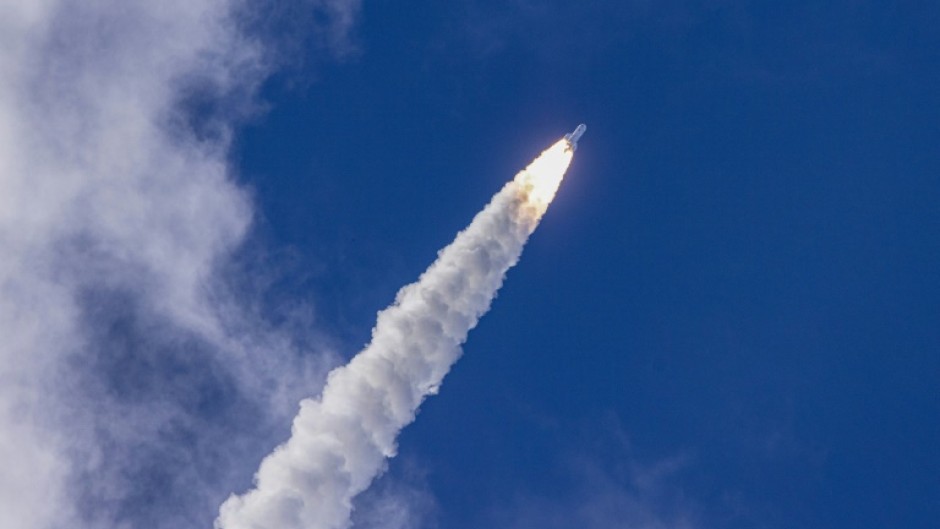PARIS - Europe's new Ariane 6 rocket successfully blasted off for the first time on Tuesday, releasing satellites into orbit and restoring the continent's independent access to space.
European space efforts have suffered a series of blows, including four years of delays to Ariane 6, that have robbed the continent of its own way to launch missions into space for the past year.
But with the successful inaugural flight of Europe's most powerful rocket yet, European space chiefs were keen to move on from recent setbacks.
"It's a historic day for Europe," European Space Agency head Josef Aschbacher said.
"Europe is back," announced Philippe Baptiste, head of France's CNES space agency.
Initially delayed for an hour by a small problem that was noticed in the morning, the rocket lifted off into clear skies.
The mission faced a slight setback as the rocket deviated from its trajectory towards the end of the flight, failing to carry out its planned re-entry into the earth's atmosphere and landing in the Pacific.
But that did not dampen the spirits of European space chiefs, whose objective was to put satellites into orbit.
"It's a great success despite the slight disappointment" at the end, said Walther Pelzer, head of Germany's DLR space agency.
NASA chief Bill Nelson on X welcomed the "giant leap forward" for the ESA.
But Martin Sion, the CEO of the rocket's manufacturer ArianeGroup, emphasised that "the mission is not yet complete".

